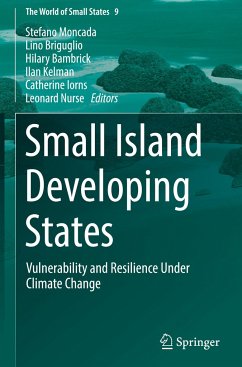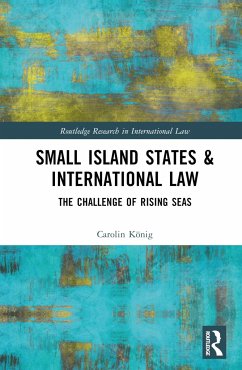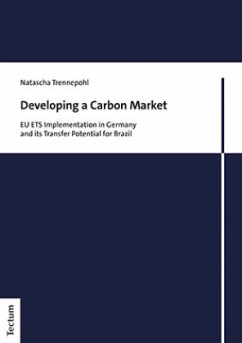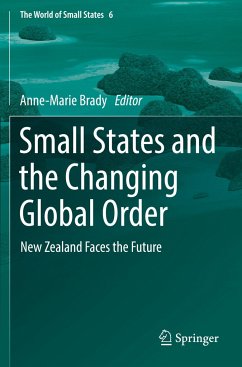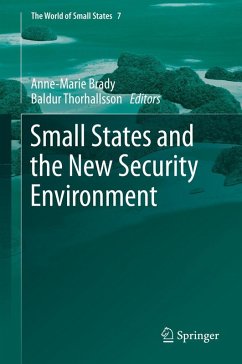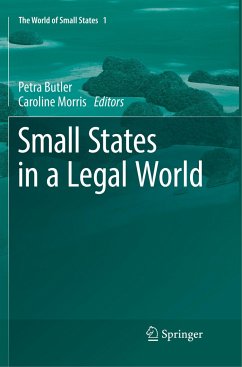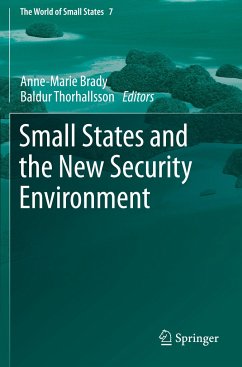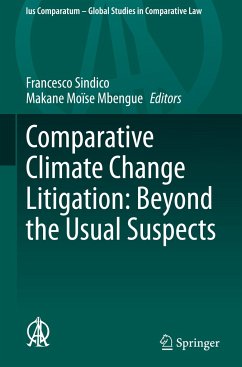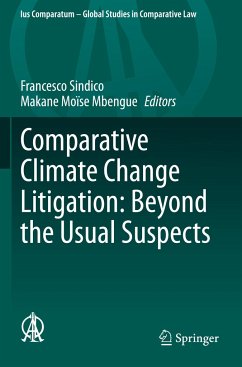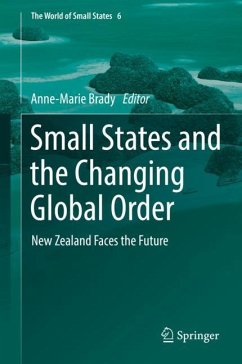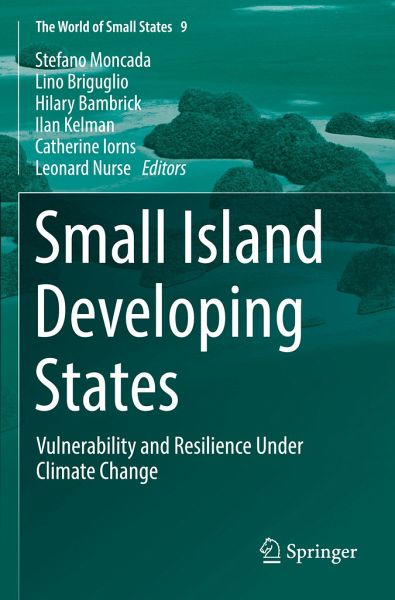
Small Island Developing States
Vulnerability and Resilience Under Climate Change
Herausgegeben: Moncada, Stefano; Briguglio, Lino; Bambrick, Hilary; Kelman, Ilan; Iorns, Catherine; Nurse, Leonard
Versandkostenfrei!
Versandfertig in 6-10 Tagen
121,99 €
inkl. MwSt.

PAYBACK Punkte
61 °P sammeln!
This book explores how vulnerable and resilient communities from SIDS are affected by climate change; proposes and, where possible, evaluates adaptation activities; identifies factors capable of enhancing or inhibiting SIDS people's long-term ability to deal with climate change; and critiques the discourses, vocabularies, and constructions around SIDS dealing with climate change. The contributions, written by well-established scholars, as well as emerging authors and practitioners, in the field, include conceptual papers, coherent methodological approaches, and case studies from the communitie...
This book explores how vulnerable and resilient communities from SIDS are affected by climate change; proposes and, where possible, evaluates adaptation activities; identifies factors capable of enhancing or inhibiting SIDS people's long-term ability to deal with climate change; and critiques the discourses, vocabularies, and constructions around SIDS dealing with climate change. The contributions, written by well-established scholars, as well as emerging authors and practitioners, in the field, include conceptual papers, coherent methodological approaches, and case studies from the communities based in the Caribbean Sea and the Indian, Atlantic, and Pacific Oceans.
In their introduction, the editors contextualise the book within the current literature. They emphasise the importance of stronger links between climate change science and policy in SIDS, both to increase effectiveness of policy and also boost scholarly enquiry in the context of whose communities are oftenexcluded by mainstream research.
This book is timely and appropriate, given the recent commission by the Intergovernmental Panel on Climate Change (IPCC) of a Special Report that aims at addressing vulnerabilities, "especially in islands and coastal areas, as well as the adaptation and policy development opportunities" following the Paris Agreement. Coupled with this, there is also the need to support the policy community with further scientific evidence on climate change-related issues in SIDS, accompanying the first years of implementation of the United Nations Sustainable Development Goals.
In their introduction, the editors contextualise the book within the current literature. They emphasise the importance of stronger links between climate change science and policy in SIDS, both to increase effectiveness of policy and also boost scholarly enquiry in the context of whose communities are oftenexcluded by mainstream research.
This book is timely and appropriate, given the recent commission by the Intergovernmental Panel on Climate Change (IPCC) of a Special Report that aims at addressing vulnerabilities, "especially in islands and coastal areas, as well as the adaptation and policy development opportunities" following the Paris Agreement. Coupled with this, there is also the need to support the policy community with further scientific evidence on climate change-related issues in SIDS, accompanying the first years of implementation of the United Nations Sustainable Development Goals.





